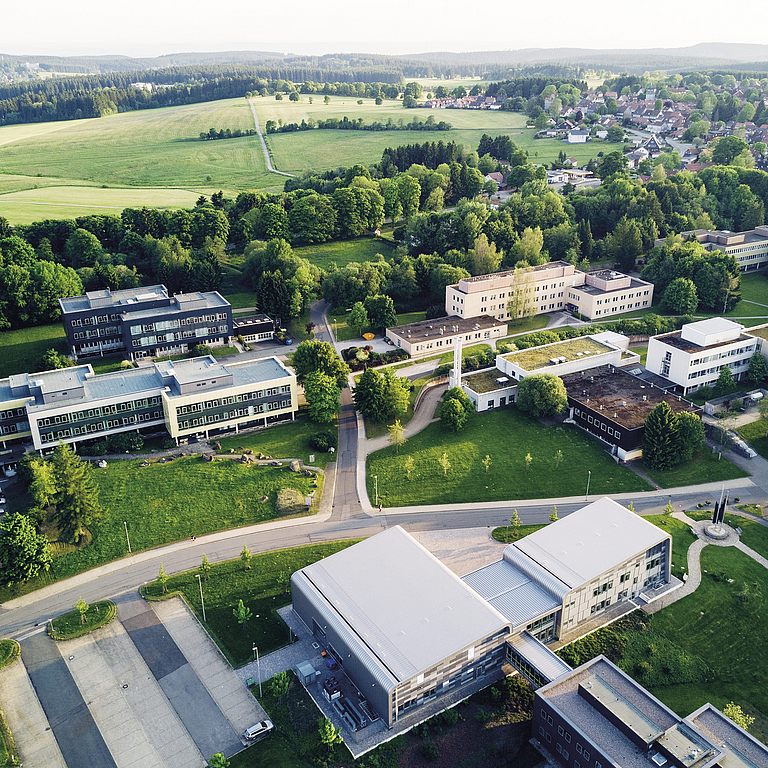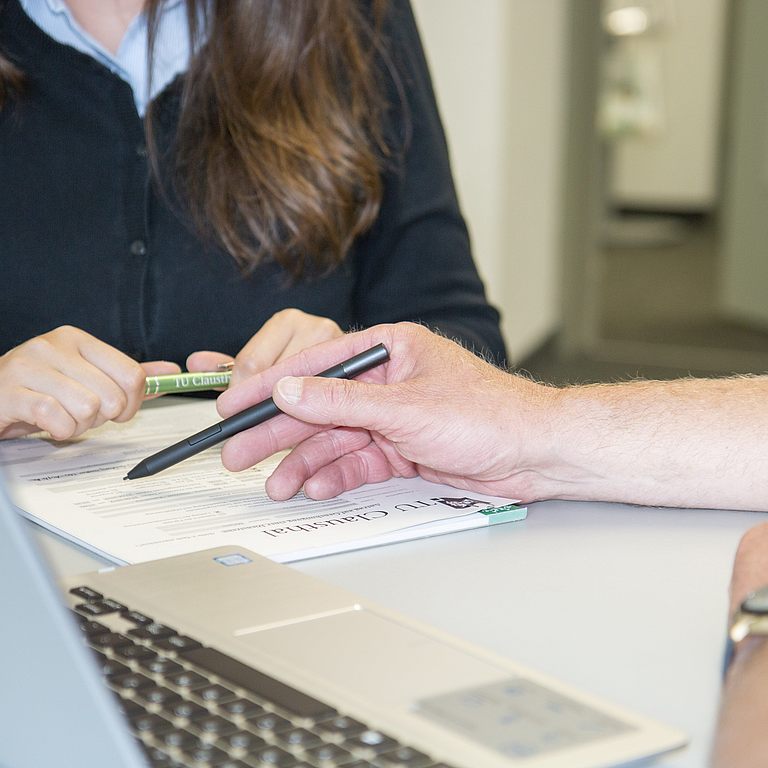Scientific Writing: Towards Organization and Motivation
Target group:PhD students, postdocs The workshop is fully booked and there is a waiting list. You are welcome to register and we will add you to the waiting list. As soon as a place becomes available, we will contact you. |
Concept of the workshop
Ph.D. candidates and scientists often struggle with writing journal articles or their theses, while simultaneously completing time-consuming research projects. Unfortunately, Ph.D. candidates and scientists often do not receive any formal training to improve their scientific writing. Instead, they learn “by doing”, and by making mistakes.
Scientists have the responsibility to communicate their findings to their peers and writing is the key to communicating scientific results. Moreover, writing is not only a mode of communicating; it is also a mode of learning about one's research and clarifying one's thinking on a topic.
This workshop takes a comprehensive approach to the writing process by offering a broader perspective that goes beyond traditional technical writing skills.
Participants will not only focus on technical skills like structuring a scientific article or constructing clear and concise sentences, but they will cover also issues of writing productivity, developing habits and mindset, using tools properly to assist them in writing, exploring self-management techniques for staying motivated throughout the writing process and discussing the role of procrastination and perfectionism in writing.
By addressing all of these factors in the workshop, participants can gain a more well-rounded understanding of what it takes to be a successful writer.
Included Topics
o Common challenges and misunderstandings in scientific writing
o How to organize the flow of information
o The sections of a scientific article
o The stages of the writing process
o Different types of writers
o Techniques and AI-based software/tools to increase writing productivity
o Clear scientific writing
o Teamwork with co-authors and supervisors
o Motivational tools to increase writing productivity
o Procrastination and perfectionism in writing
Learning objectives
At the end of the workshop, participants will be able to:
o Overcome common writer's blocks related to procrastination and perfectionism
o Familiarize themselves with the key structural components of a scientific article
o Identify principles of clarity in a text
o Write part of a journal article or thesis
o Use strategies/tools to increase writing productivity
o Understand the broader perspective of the writing process
Teaching method
This workshop follows a balanced approach, including input presentations provided by the trainer, individual learning phases and group exercises. The trainer will also demonstrate and discuss the role of AI-based tools/software in assisting writers. In addition, hand-outs, checklists and sample articles from the trainer's own experience in writing will be provided.
Preparing for the workshop
During the workshop, participants can draft part of their current writing project (e.g. a journal article or a thesis, 1-2 pages). Therefore, participants are asked to select in advance which writing task they want to do during the workshop.
Ideally, participants should have started their research project already and be at the stage of writing, in order to take the most advantage from the workshop.
About the Trainer
Personal website: www.sanchini-writing.com
Andrea Sanchini is a trainer in scientific writing and publishing. In July 2017, he completed his own Ph.D. in Biomedical Sciences. Since May 2018, he is a certified writing trainer and coach, having completed a training at the Technische Universität Darmstadt (www.owl.tu-darmstadt.de/weiterbildung/index.de.jsp). He has more than ten years of experience as a researcher in the field of Life Sciences and as such, can fully understand the needs and problems facing scientists and especially Ph.D. candidates. As a scientist, he experienced the challenges of writing and publishing journal articles with limited time and limited funding.
While enrolled in an international Ph.D. graduate school in Berlin, he had the chance to receive formal training in scientific writing and publishing. Andrea has worked in Public Health institutions and universities in Italy, France, Germany, and India. He is fluent in English and German and his native language is Italian.
He is a member of:
o Gesellschaft für Schreibdidaktik und Schreibforschung (Society for Writing Research, www.schreibdidaktik.de/index.php)
o Ernst-Reuter-Gesellschaft der Freunde, Förderer und Ehemaligen der Freien Universität Berlin (Society of Friends, Supporters and Alumni of the Freie Universität Berlin, www.fu-berlin.de/sites/erg)
o Forschungs- und Transfermangement e.V. (FORTRAMA, Research-and Transfermanagement e.V., fortrama.net)
o European Society of Clinical Microbiology and Infectious Diseases (ESCMID, www.escmid.org)
o European Association of Science Editors (EASE, ease.org.uk)
o Society for Scholarly Publishing (SSP, www.sspnet.org)
Trainer
Andrea Sanchini, PhD www.sanchini-writing.com


